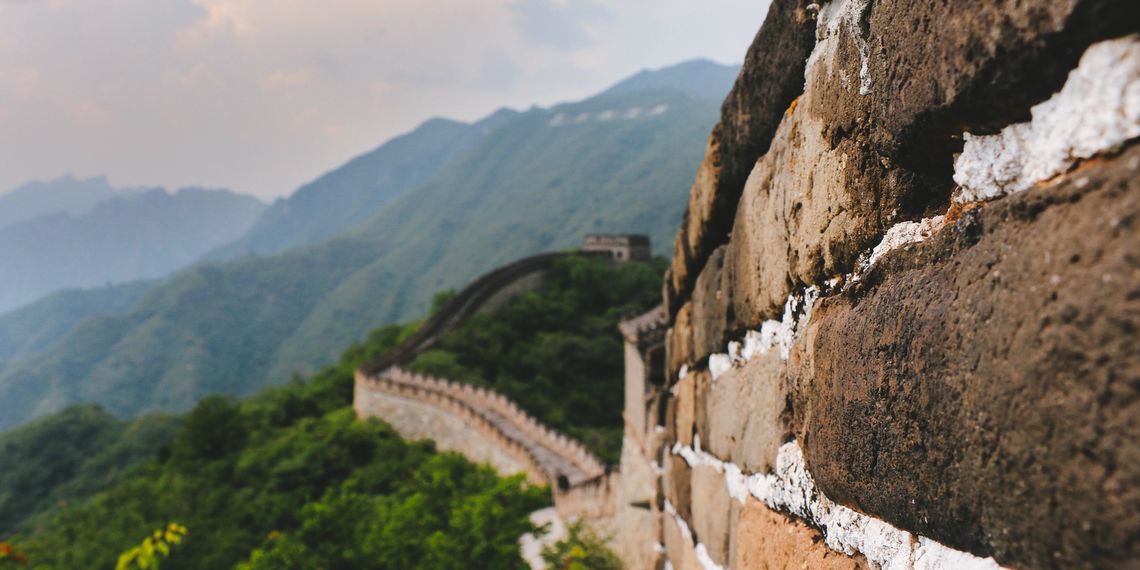engzi, a follower of Kengzi, also known as Confucian, had his teachings compiled in the  Analects that are both profound and oddly relevant in the present day. In the middle of a crisis it must be difficult to grasp time periods and the vastness of distance between different regions. I say this bearing in mind how difficult it is to love, forgive and be mindful when many around us blatantly ask us to blame people, communities, eating habits and bats. It is difficult to hold each other together, especially our heart and let go of the background noise asking us to hate. Yet, it is important to mute the background ruffle.
Analects that are both profound and oddly relevant in the present day. In the middle of a crisis it must be difficult to grasp time periods and the vastness of distance between different regions. I say this bearing in mind how difficult it is to love, forgive and be mindful when many around us blatantly ask us to blame people, communities, eating habits and bats. It is difficult to hold each other together, especially our heart and let go of the background noise asking us to hate. Yet, it is important to mute the background ruffle.
Especially today, when misfortunes are being traced to the Far East. In the time of Mengzi or his predecessor Confucian the possibility of anything traveling—teachings or disease—to a place thousands of miles away was very little. Our current reality in every sense of the word is difficult to fathom, the dread of how long this will last is scary. I invite you all, for a few moments, to imagine a different time. A time of your preference; an ultra-modern robotic future or a simple life on the mountains, anything to your heart’s content.
In a time of your preference, I give you some quotes from our friend Mengzi, who believed that one must turn to the heart when all else failed. Imagine if you could sing some of his words along your favorite tunes, as winds passed touching your neck softly, and air gently filled your lungs. Everything was simple, smooth, even happy. Imagine Mengzi, who lived in China when it wasn’t known for a virus alone, imagine his frail body giving you a glass of water, to dip your hands in. And imagine all your sickness dripping out of your fingers as you heard him say this:
-
With melted snow I boil fragrant tea.
-
Sincerity is the way to Heaven.
-
Friends are the siblings God never gave us.
-
All tongues savor the same flavors, all ears hear the same music, and all eyes see the same beauty.
-
Human-heartedness is man's mind. Righteousness is man's path. How sad that he abandons that path and does not rely on it; that he loses that mind and does not know to seek it. When a man has lost a cock or a dog, he knows to seek it, but having lost his (proper) mind, he does not know to seek it. The Way of Learning is nothing other than seeking the lost mind.
-
There are people dying from famine on the roads, and you do not issue the stores of your granaries for them. When people die, you say, 'it is not owing to me, it is owing to the year.' In what does this differ from stabbing a man and killing him, and then saying, 'it was not I, it was the weapon’?
-
The great man is he who does not lose his child's-heart.
-
One [who] cares for the people becomes king. This is something no one can stop.
-
I look upon defeat the same way as victory.
-
If one is without the heart of compassion one is not a human.
-
One cannot have a discussion with those who are destroying themselves.
-
Some labor with their hearts and some labor with their physical strengths.
Isn’t this last quote, "some labor with their hearts and some with their physical strength," most evident today than in any other time that we have witnessed? While frontliners are fighting against the virus and putting their own lives at stake we have others trying to show support. Some by writing, others by praying and a few by hanging thank you notes on trees, poles and windows. This is a time for extraordinary difficulty, but it is also a time for extraordinary beauty.
Bringing our friend Mengzi from China, 4th century BC was intentional today. It was the act of creating ripples of harmony when those ripples can be seen as damaging just as much. It is not an act of redemption, for who do we blame and how do we redeem them, when the entire world was being set on fire, by each one of us, more or less, knowingly and mostly unknowingly? It is an act of standing together, no matter how difficult it is. Holding hands, no matter how forbidden it is. Learning from Mengzi today is an act of finding beauty in this broken world and I hope that it reaches your heart and hugs it tight till you feel you are sheltered.
 About
About
Minahil Mehdi is a student from Pakistan, undergoing her Master’s program at Harvard. These works are part of the “Beauty in a Broken World” healing health care series.
Mark your calendars for February 1, 2024! The Resiliency Center and the Center for Health Ethics, Arts, and Humanities are gearing up for the sixth Healthcare Stories event at Kingsbury Hall. This year's captivating theme, "Promise," invites healthcare professionals, patients, and community members to explore futures imagined, unexpected journeys, and transformative relationships.
University of Utah Black Cultural Center’s Meligha Garfield and Sara Cody share insights on celebrating Juneteenth respectfully and emphasize the importance of understanding its history to avoid misappropriation.
